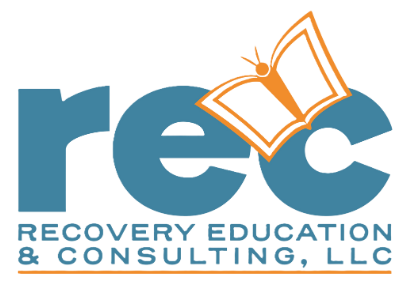Recovery Glossary
- Abstinence – absence of substance use
- Al-Anon – a mutual support organization for individuals whose lives have been affected by a loved one’s alcohol use disorder. Al-Anon is a Twelve-Step group with Steps based on the Twelve Steps used in Alcoholics Anonymous (AA). Group members share their stories and build networks of support for their own family recovery. The emphasis in Al-Anon is on personal change and changing one’s own ways of relating to a loved one who is misusing alcohol, rather than attempting to change behaviors in the person who is misusing alcohol.
- Alcoholics Anonymous (AA) – a mutual support program for individuals who have a desire to stop drinking. The program was founded in 1935. AA is non-professional and each group is financially self-supporting. AA is based on the Twelve Steps and mutual support. The only requirement for membership in AA is a desire to stop drinking. AA is an international program and meetings can be found in just about every city in the world.
- Harm Reduction – measures taken to reduce the potential for harm. Harm reduction can be in the form of policies, programs, practices, or pathways an individual takes for recovery. Harm reduction for Substance Use Disorder is viewed as somewhat controversial by some but is no different from harm reduction measures taken in other parts of life such as using seat belts and practicing safer sex. It is important to note that practicing Harm Reduction measures does not require a person to embrace formal treatment or to achieve abstinence from all substances.
- Medication Assisted Treatment (MAT) – the use of medication along with therapy as a ‘whole person’ approach to treatment. The combination of medication and therapy has been shown to increase the likelihood of people achieving long-term recovery.
- Moderation Management – a program focusing on behavior change to reduce consumption of alcohol.
- Narcotics Anonymous (NA) – a mutual support program for individuals who have a desire to stop using substances. NA is non-professional and each group is financially self-supporting. NA is based on Twelve Steps and mutual support. The only requirement for membership in NA is a desire to stop using.
- Recovery Capital – the internal and external resources from which an individual can draw to initiate and sustain recovery.
- Recovery Dharma – a mutual aid program based on Buddhist principles. The program uses meditation, self-inquiry, wisdom, compassion, and community as tools to foster recovery.
- SMART Recovery – Self Management and Recovery Training. A program that is based on tools from Cognitive Behavioral Therapy to teach people how to change their behavior through making changes to the way they think. SMART Recovery has a 4 point program:
- Building and Maintaining Motivation
- Coping with Urges
- Managing thoughts, feelings, and behaviors.
- Living a Balanced Life
